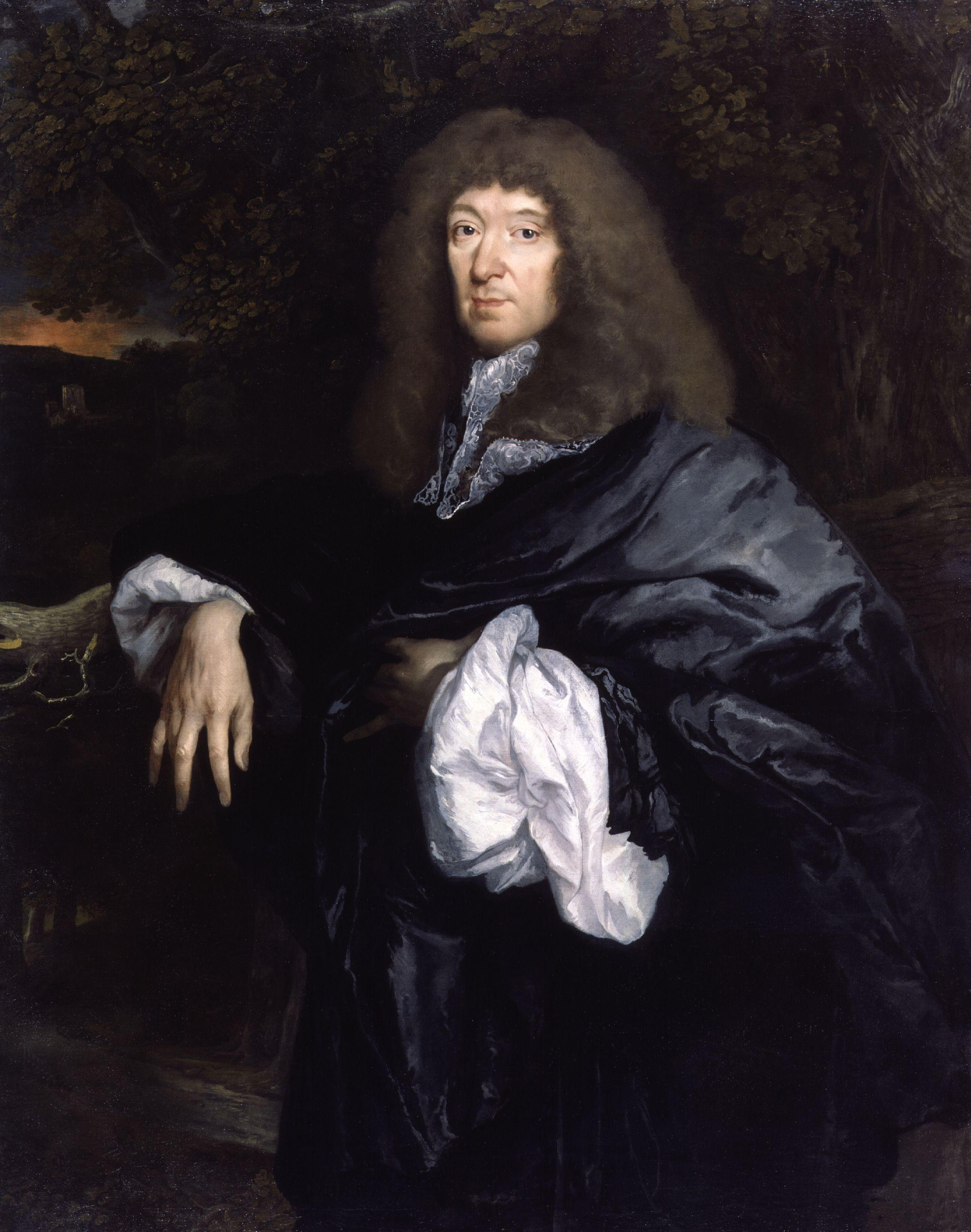Samuel Butler frasi celebri
“Non sempre il silenzio significa tatto: è il tatto ch'è d'oro, non il silenzio.”
Origine: Citato in Selezione dal Reader's Digest, agosto 1965, p. 76.
Dizionario dei luoghi non comuni
“Definire significa rinchiudere la sconfinata foresta dell'idea in un muro di parole.”
Origine: Citato in Guido Almansi, Il filosofo portatile, TEA, Milano, 1991.
Frasi su Dio di Samuel Butler
“Mettersi nelle mani di Dio è solo un modo più lungo di dire che ci si affida al caso.”
Dizionario dei luoghi non comuni
Samuel Butler Frasi e Citazioni
“C'è solo una cosa ancor più vana della vanità dei desideri: l'assenza dei desideri.”
Dizionario dei luoghi non comuni
“Una gallina è il solo modo di un uovo per fare un altro uovo.”
Dizionario dei luoghi non comuni
Samuel Butler: Frasi in inglese
“As men of inward light are wont
To turn their optics in upon 't.”
Canto I, line 481
Origine: Hudibras, Part III (1678)
“True as the dial to the sun,
Although it be not shin'd upon.”
Canto II, line 175
Origine: Hudibras, Part III (1678)
Canto I, line 221
Origine: Hudibras, Part II (1664)
“Have always been at daggers-drawing,
And one another clapper-clawing.”
Canto II, line 79
Origine: Hudibras, Part II (1664)
“For what is worth in anything
But so much money as 't will bring?”
Canto I, line 465
Origine: Hudibras, Part II (1664)
“For those that run away and fly,
Take place at least o' the enemy.”
Canto III, line 609
Origine: Hudibras, Part I (1663–1664)
Canto I, line 159
Origine: Hudibras, Part I (1663–1664)
“I am not now in fortune's power:
He that is down can fall no lower.”
Canto III, line 877
Origine: Hudibras, Part I (1663–1664)
"Miscellaneous Thoughts" in The Poems of Samuel Butler, Volume 2, Press of C. Whittingham, 1822, p. 269
"Fragments", reported in Bartlett's Familiar Quotations, 10th ed. (1919)
“No Indian prince has to his palace
More followers than a thief to the gallows.”
Canto I, line 273
Origine: Hudibras, Part II (1664)
“For Rhime the Rudder is of Verses,
With which like Ships they steer their courses.”
Canto I, line 463
Origine: Hudibras, Part I (1663–1664)
“I 'll make the fur
Fly 'bout the ears of the old cur.”
Canto III, line 277
Origine: Hudibras, Part I (1663–1664)
Canto I, line 65
Origine: Hudibras, Part I (1663–1664)
“He had got a hurt
O' the inside, of a deadlier sort.”
Canto III, line 309
Origine: Hudibras, Part I (1663–1664)
“He that complies against his will.
Is of his own opinion still.”
Canto III, line 547. Sometimes misreported as "is convinced" instead of "complies"; reported in Paul F. Boller, Jr., and John George, They Never Said It: A Book of Fake Quotes, Misquotes, & Misleading Attributions (1989), p. 11
Origine: Hudibras, Part III (1678)
Origine: Hudibras, Part I (1663–1664)
Hudibras, Part I (1663–1664)
Contesto: Shall we that in the Cov'nant swore,
Each man of us to run before
Another, still in Reformation,
Give dogs and bears a dispensation?
How will Dissenting Brethren relish it?
What will malignants say? videlicet,
That each man Swore to do his best,
To damn and perjure all the rest!
And bid the Devil take the hin'most,
Which at this race is like to win most.
“Still amorous and fond and billing,
Like Philip and Mary on a shilling.”
Canto I, line 687
Origine: Hudibras, Part III (1678)
From Miscellaneous Thoughts, lines 283-290 ; as contained in The Poetical Works of Samuel Butler: A Revised Edition with Memoir and Notes, Volume 2, Samuel Butler, G. Bell & Sons (1893), pp. 275-276
